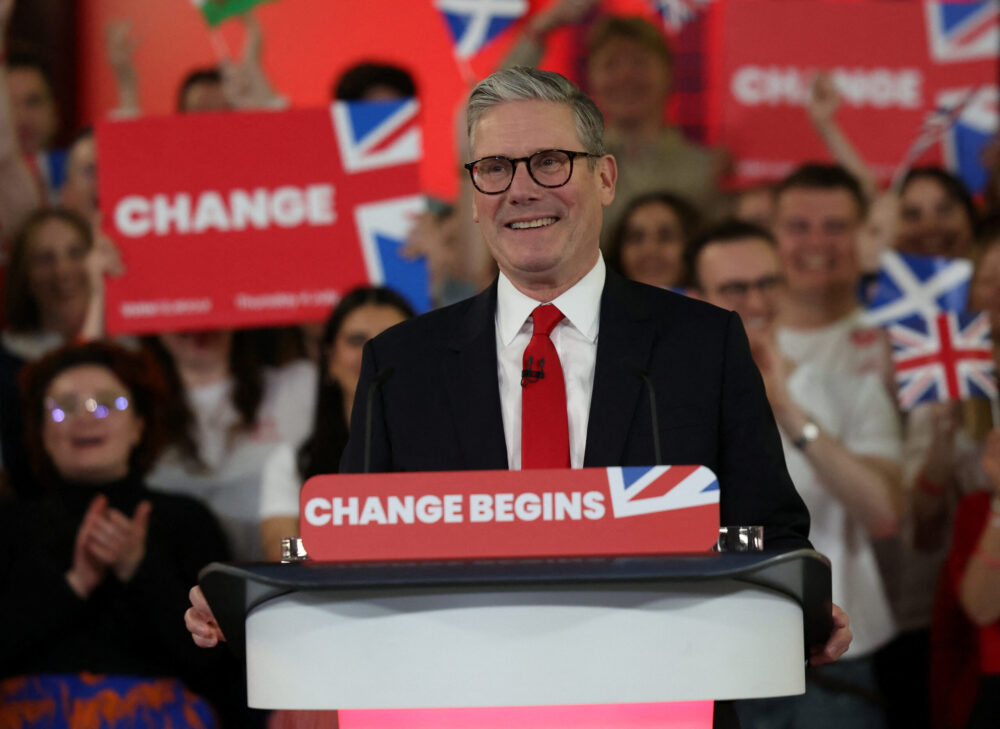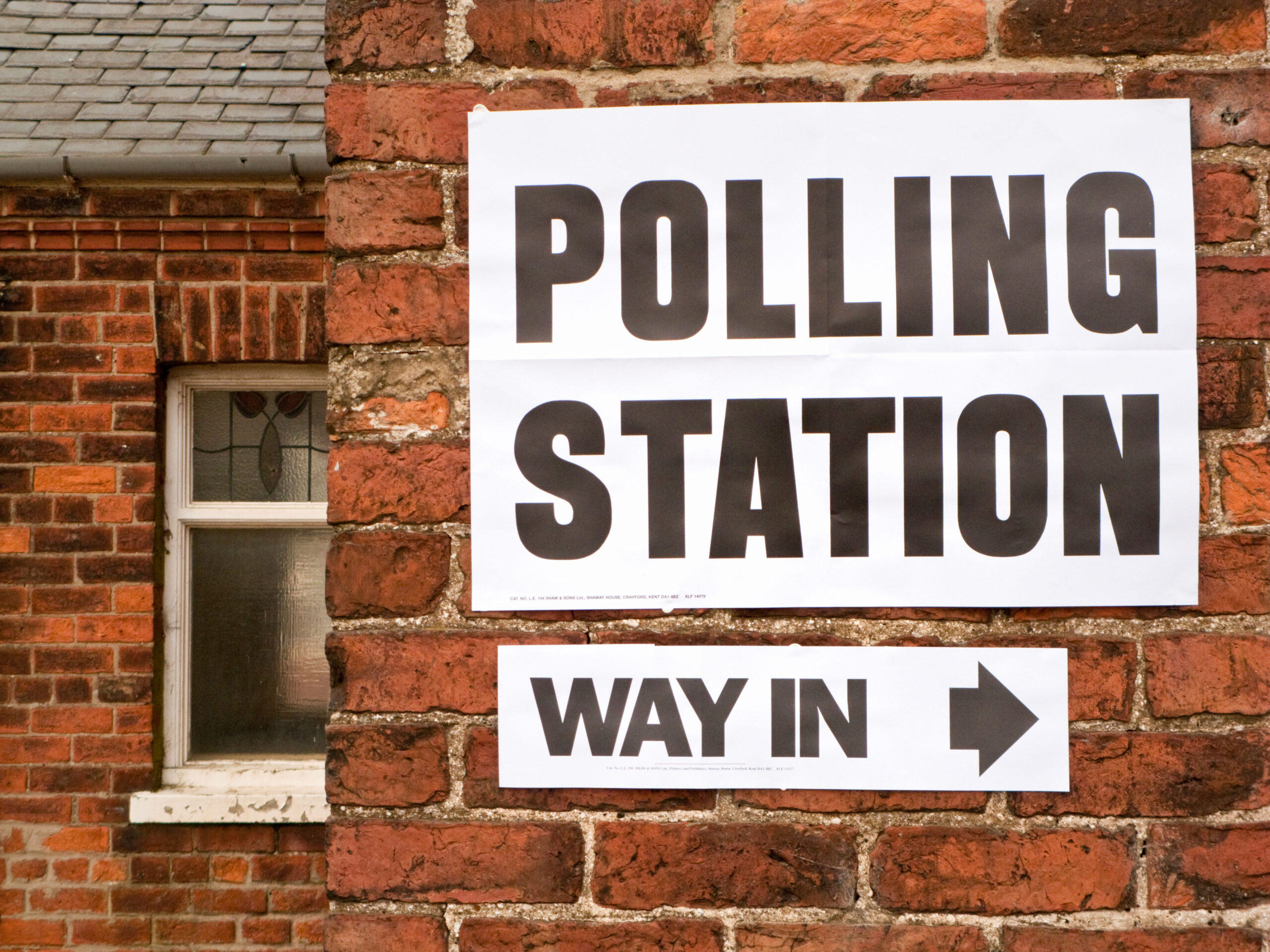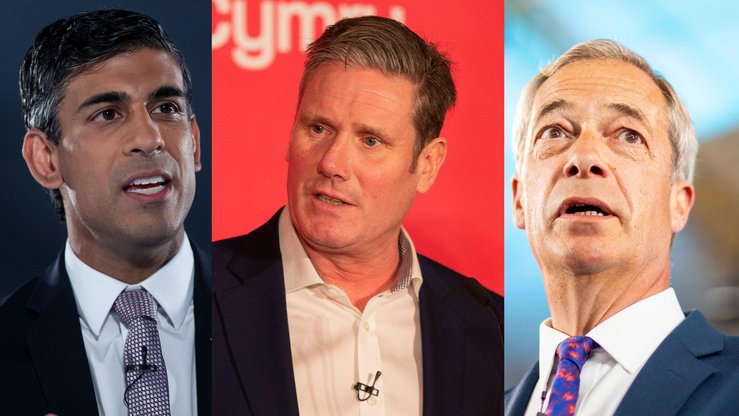
This article was first published in the Daily Mail.
A Labour fundraising email earlier this week warned party supporters that the Tories “fired the starting gun last Wednesday because they believe this timing gives them the best chance to win. Rishi Sunak knows something that we don’t.” Far more likely, Number 10 concluded that holding on would only make things worse, and that it would be better to limit the damage than look as though Rishi was being dragged out of the building, Gordon Brown-style.
Either way, most voters think the result would have been much the same whenever he went to the polls, and when we asked how people felt about the election announcement the most popular answer was “relieved”. At last, a chance to clear the air and get it over with.
Indeed, our first poll of the campaign confirms what has become a very familiar picture. Keir Starmer is named as the best prime minister by 37% to 19%, but with nearly half of all voters saying they don’t know. Asked which words best describe Sunak people most often chose “out of touch” and “out of his depth”; for Starmer, “dull” and “indecisive”. It’s fair to say people are uninspired by the pageant of democracy unfolding before them.
But with only 8% of 2019 Tories (let alone anyone else) saying they are satisfied with the current government, it’s hardly surprising that we find Labour with a 23-point lead. Does that mean Starmer has a huge majority in the bag? Not necessarily.
I found only 42% of people saying they had definitely decided how to vote. Those leaning towards Labour were the most likely to be sure of their intentions, but only two thirds of them said they were certain. Crucially, only just over half of those minded to switch from the Tories to Labour said they had reached a firm decision, and fully one in three of those who backed Boris in 2019 said they didn’t know how to vote or whether to vote at all.
In other words, though it may feel like a foregone conclusion, the next few weeks will make the difference between a Labour landslide and a result that is much closer than many expect.
The key lies in persuading 2019 Tories to turn out for the party once again – not just in the so-called Red Wall seats in the north and midlands captured from Labour since 2017, but in traditionally blue territory in small towns, the home counties and the south west. Much depends on the many disgruntled Tories who don’t believe the government deserves to be re-elected but don’t want to see Labour in power either – including many leaning towards Reform UK, who feel the Conservatives have failed on all sorts of fronts but, if anything, think Starmer and his party would be even worse.
How to get them back? We can discern some clues by looking at the difference between those who have stayed loyal to the Conservatives since 2019 and those who have drifted away. The two groups both prioritise immigration, living costs and the NHS, believe we have to make the best of Brexit and (ominously) think things in Britain don’t work properly anymore whoever is in charge. But “defectors” are more likely than “loyalists” to blame the cost of living on the government, to think Sunak is weak and out of touch, and to think Labour has changed since the last election – and less likely to trust the Tories on the economy.
It will be hard to dispel in a matter of weeks perceptions that have built up over months or years, and you can’t fatten the pig on market day, as campaign professionals like to say. But the Conservatives will be trying to show that they have new ideas worth listening to, hence the plan for National Service, launched to mixed reviews last weekend.
And if they can’t convince weary voters that the government deserves yet another term, they will at least try to persuade them to get out and stop Starmer. Attempts to label him Sir Sleepy misfired badly, but there will be a lot more where that came from.
For Labour, the campaign will be all about avoiding mishaps. Most voters don’t know much about Starmer, except that he is a much less frightening prime ministerial prospect than Jeremy Corbyn. Since people feel they know all they need to know about the Tories, that will worry him not at all.
If the campaign stays boring, that will suit Starmer down to the ground. Any excitement would mean fortunes were about to alter. Despite his ubiquitous one-word slogan, ‘Change’, that’s the last thing he wants right now.


